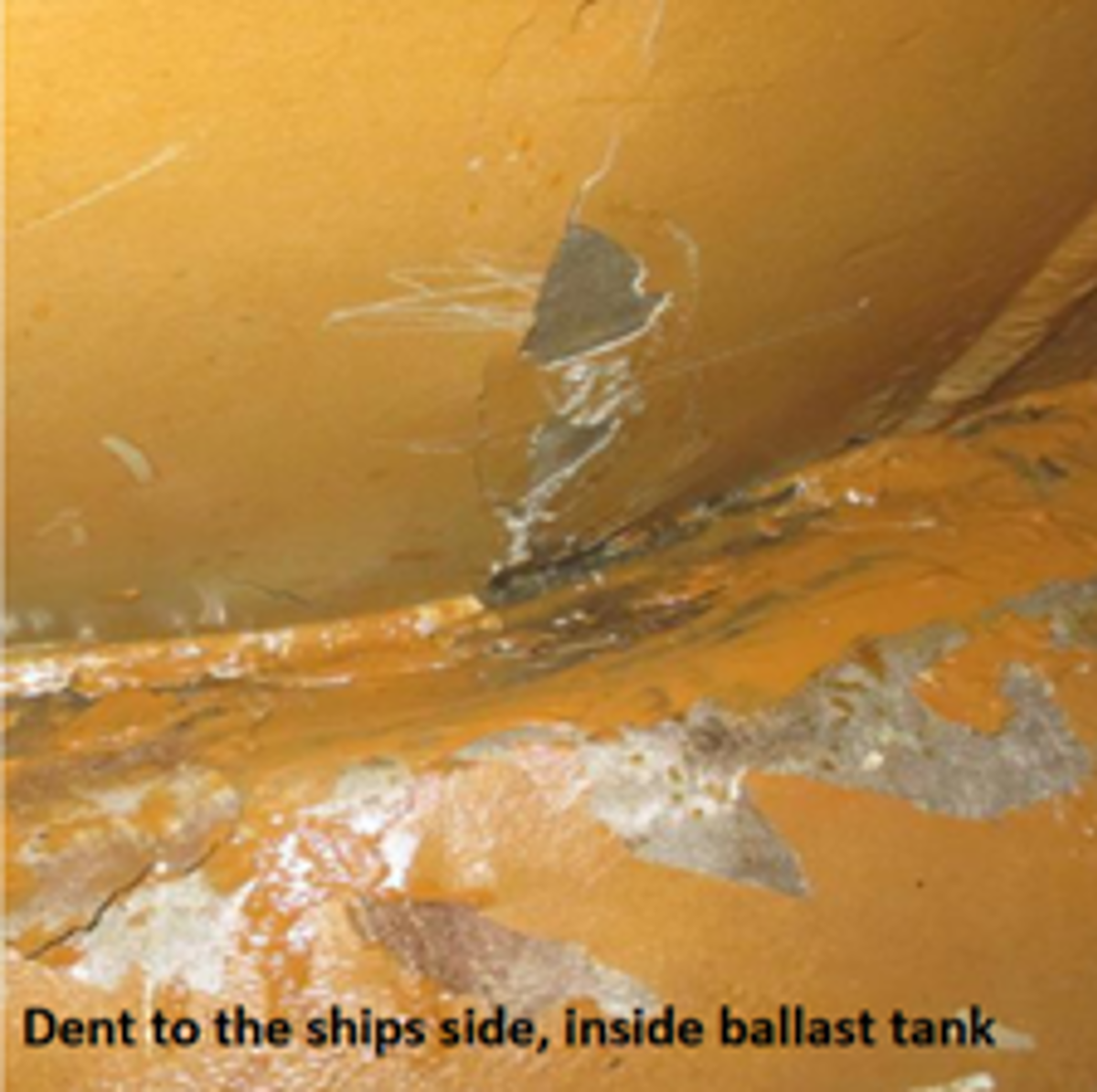MSF: Contact between Vessel and Offshore Installation
- Safety Flash
- Published on 22 March 2022
- Generated on 4 March 2026
- IMCA SF 07/22
- 3 minute read
Jump to:
The Marine Safety Forum (MSF) has published Safety Alert 22-02 relating to a collision between a standby vessel and an offshore installation.
What happened?
There was a shift change of deck officers at midnight and the 1st Officer took over the watch with the vessel 1.2 nautical miles from the installation. The vessel was set on a course towards the installation which allowed the incident to evolve. The 1st Officer attended to administrative work and the designated lookout was keeping lookout. At 00:20 with 0.7 nautical miles from the installation, the lookout asked the 1st Officer for permission to use the computer, leaving the lookout duties unattended. At the time the 1st Officer’s attention was elsewhere on carrying out a weekly radio check on the long-range radio. Just as the check was completed the vessel was called upon by other vessels inside the safety zone notifying them that they had entered the safety zone; at the time the distance was 250 metres from the installation.
The 1st Officer rushed to the manoeuvring station attempting to stop forward movement of the vessel. The 1st Officer intended to switch steering from autopilot to hand steering. However, emergency steering was accidentally switched into instead. This caused the 1st Officer to lose control of the vessel and the forward movement was not arrested. The Master, who was called to the bridge, managed to turn the vessel to port, however the proximity to the installation and the vessel momentum resulted in the starboard side of the vessel contacting the installation. The vessel hull was dented but not holed. The installation was undamaged.

What went wrong?
The MSF member’s investigation noted that all the required and proper procedures existed but were not effectively implemented. The 1st Officer was appropriately qualified for the role and had been subject to the vessel owner’s induction and familiarisation procedure. The incident was caused not by lack of procedures but by failure to implement/observe these procedures.
It is deemed likely that the 1st Officer would have been able to steer clear or stop the vessel if he had not accidently set the vessel into emergency steering.
Actions/lessons learned
- Review and adjust existing procedures, enhanced training sessions. The vessel owner made the following improvement suggestions:
- Ensure that all emergency switches do not have multiple functions.
- Update of the existing navigational audit checklist.
- Clarification of the lookout’s duties in bridge procedure.
- Emergency scenario training sessions to be implemented.
- Suggested discussion points to accompany this safety alert:
- Could this have happened on your vessel?
- What do you have in place to avoid a similar incident?
- Installations should not be used as waypoints when passage planning.
- Don’t allow yourself or others to become distracted on watch, maintain situational awareness at all times.
- Know how to operate manual and emergency control changeovers.
Related Safety Flashes
-
IMCA SF 10/20
17 March 2020
-
IMCA SF 20/19
23 August 2019
-
-
IMCA SF 25/16
3 October 2016
-
IMCA SF 03/21
19 January 2021
-
IMCA Safety Flashes summarise key safety matters and incidents, allowing lessons to be more easily learnt for the benefit of the entire offshore industry.
The effectiveness of the IMCA Safety Flash system depends on the industry sharing information and so avoiding repeat incidents. Incidents are classified according to IOGP's Life Saving Rules.
All information is anonymised or sanitised, as appropriate, and warnings for graphic content included where possible.
IMCA makes every effort to ensure both the accuracy and reliability of the information shared, but is not be liable for any guidance and/or recommendation and/or statement herein contained.
The information contained in this document does not fulfil or replace any individual's or Member's legal, regulatory or other duties or obligations in respect of their operations. Individuals and Members remain solely responsible for the safe, lawful and proper conduct of their operations.
Share your safety incidents with IMCA online. Sign-up to receive Safety Flashes straight to your email.